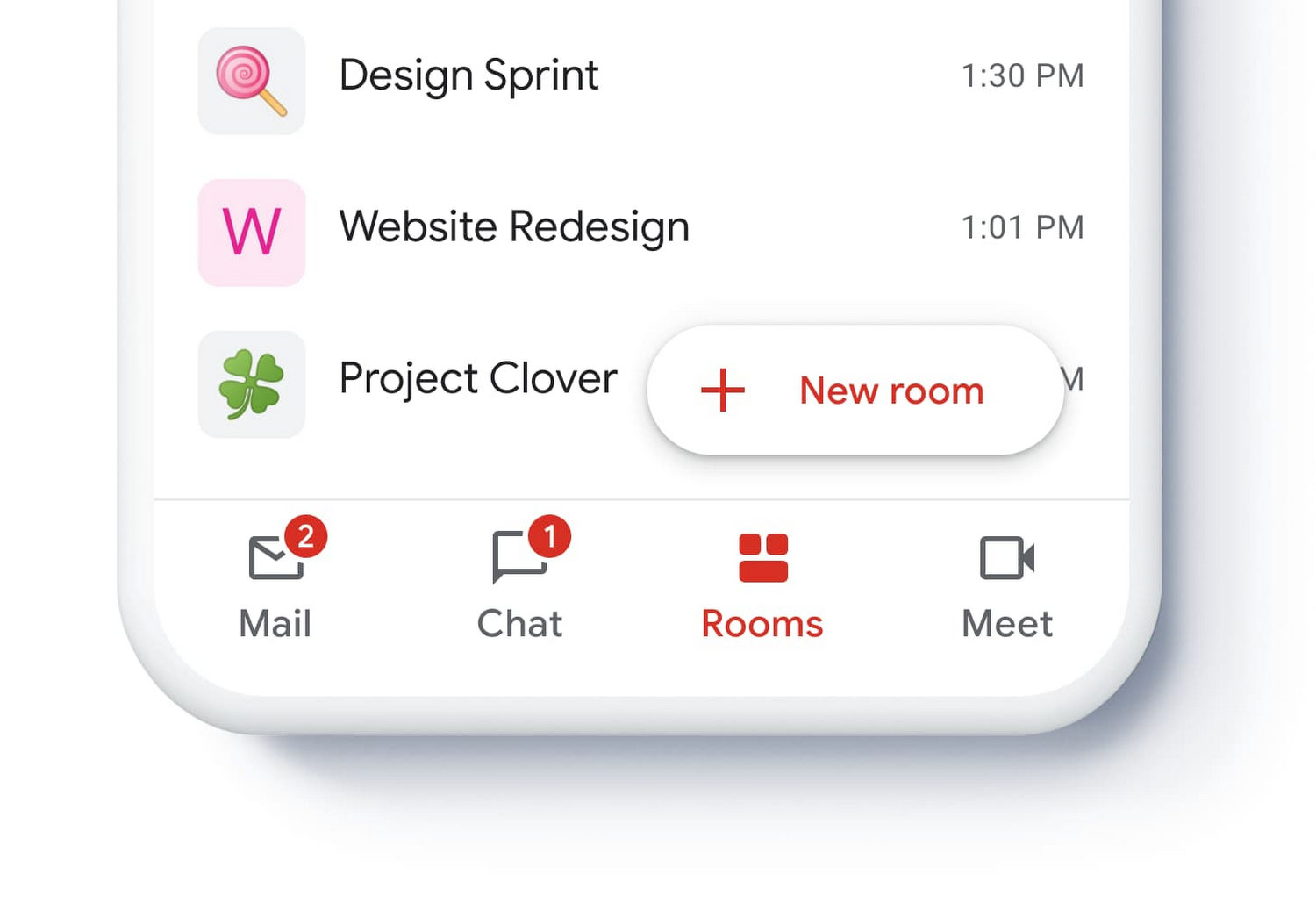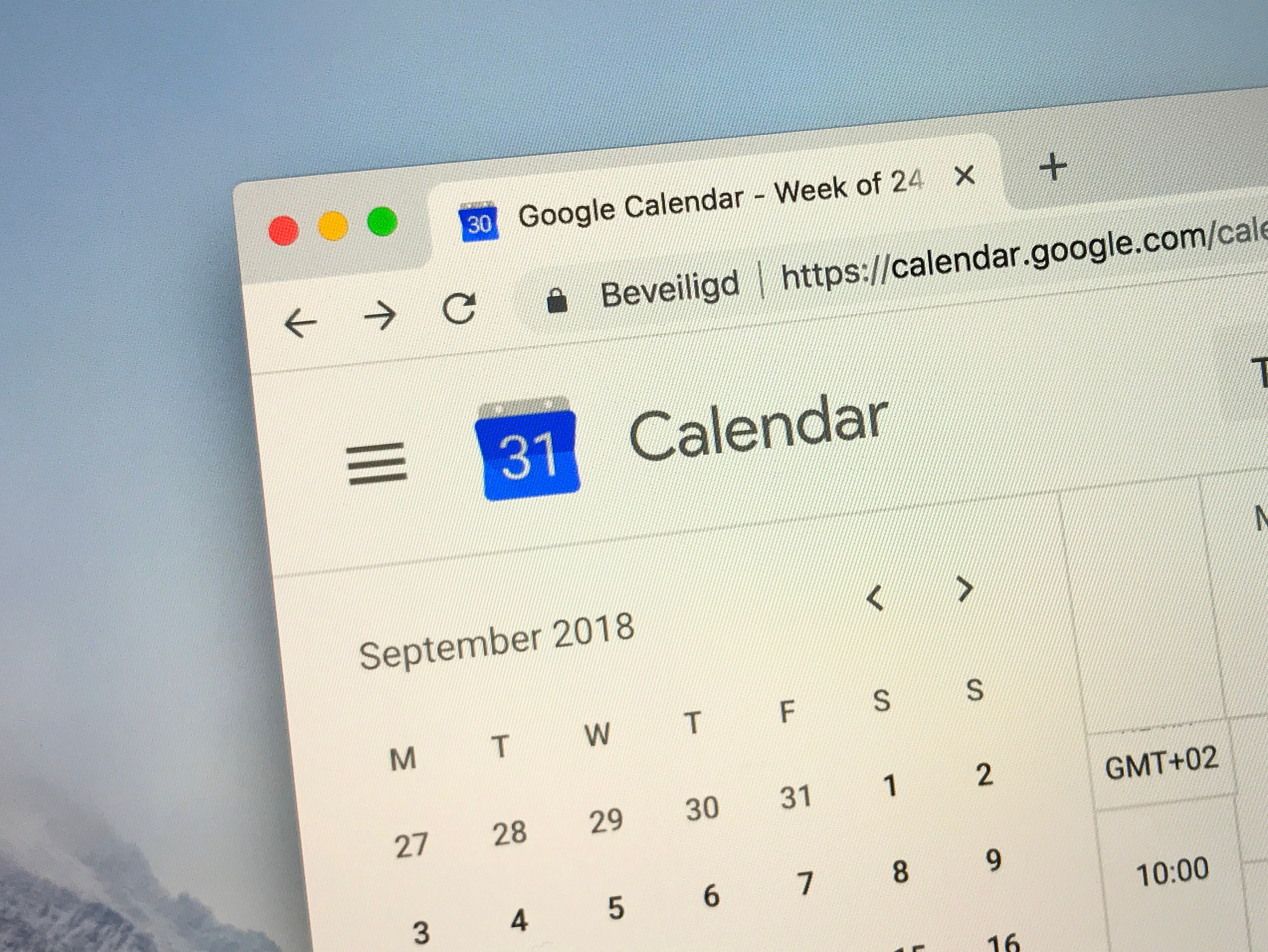Google quick to fix Gmail spam exploit
Google has addressed an exploit which tried to send spam to Gmail users if they visited specially-crafted websites.


A "serious" exploit that allowed spam to be sent to Gmail users without them knowing about it has been shut down.
Google claimed it was quick to counter the exploit, which caused spam to be sent to logged-in Gmail users when they visited specially-crafted websites.
"We quickly fixed the issue in the Google Apps Script API that could have allowed for emails to be sent to Gmail users without their permission if they visited a specially designed website while signed into their account," Google explained in a statement.
"We immediately removed the site that demonstrated this issue, and disabled the functionality soon after. We encourage responsible disclosure of potential application security issues to security@google.com."
Graham Cluley, senior technology consultant at Sophos, said the flaw was a particularly serious one, even though it appears there was no monetary reward for the scammers.
"Although this particular exploit appears to have been set up for mischief, more malicious hackers could easily have exploited the vulnerability to spread the typical money-making spam we often see or to distribute malware or a phishing attack," Cluley wrote in a blog post.
"Security issues like this are a real concern as more and more people rely upon email communications, and their webmail providers to deliver a reliable, filtered inbox. This was a serious security hole."
Get the ITPro daily newsletter
Sign up today and you will receive a free copy of our Future Focus 2025 report - the leading guidance on AI, cybersecurity and other IT challenges as per 700+ senior executives
Facebook recently made a play in the email sphere with Messages, designed to be better at protecting against spam in comparison to other clients.
The social networking giant last week outlined in a blog how it had "devoted a lot of time and energy to keeping spam and other annoying or malicious communications out."
"Most importantly, Messages uses your social connections on Facebook to ensure that the inbox only contains messages from your friends and their friends by default," Facebook added.
Tom Brewster is currently an associate editor at Forbes and an award-winning journalist who covers cyber security, surveillance, and privacy. Starting his career at ITPro as a staff writer and working up to a senior staff writer role, Tom has been covering the tech industry for more than ten years and is considered one of the leading journalists in his specialism.
He is a proud alum of the University of Sheffield where he secured an undergraduate degree in English Literature before undertaking a certification from General Assembly in web development.
-
 Should AI PCs be part of your next hardware refresh?
Should AI PCs be part of your next hardware refresh?AI PCs are fast becoming a business staple and a surefire way to future-proof your business
By Bobby Hellard Published
-
 Westcon-Comstor and Vectra AI launch brace of new channel initiatives
Westcon-Comstor and Vectra AI launch brace of new channel initiativesNews Westcon-Comstor and Vectra AI have announced the launch of two new channel growth initiatives focused on the managed security service provider (MSSP) space and AWS Marketplace.
By Daniel Todd Published
-
 Google Workspace is getting a Gemini makeover – but prices are going to increase
Google Workspace is getting a Gemini makeover – but prices are going to increaseNews The new pricing structure may help Google boost competition with Microsoft
By George Fitzmaurice Published
-
 Google confirms Gmail is “here to stay” amid speculation over plans to scrap the email service
Google confirms Gmail is “here to stay” amid speculation over plans to scrap the email serviceNews Claims that Google plans to sunset Gmail were a hoax, so there's no need to panic
By Ross Kelly Published
-
 Google Workspace Review: A simple aesthetic with productivity in mind
Google Workspace Review: A simple aesthetic with productivity in mindReviews From free to enterprise, Google’s ever-popular productivity suite has a range of tiers and functions for all sizes of business
By Ross Kelly Last updated
-
 CloudHQ fully integrates Gmail with Google Sheets
CloudHQ fully integrates Gmail with Google SheetsNews Users can bulk export email text to Google Sheets, Excel, or CSV files
By Praharsha Anand Published
-
 Apple delays iOS 14 privacy changes after Facebook pressure
Apple delays iOS 14 privacy changes after Facebook pressureNews The social network complained that limiting the potential to target iOS users would see developers’ revenues collapse
By Keumars Afifi-Sabet Last updated
-
 Gmail for G Suite becomes a hub for corporate communications
Gmail for G Suite becomes a hub for corporate communicationsNews Everything you need is now on one page, but it may get overwhelming
By Justin Cupler Published
-
 How to share your Google Calendar
How to share your Google CalendarTutorials Follow these easy steps to share your Google Calendar with family, friends or team members
By Sarah Brennan Last updated
-
 Gmail introduces new features to makes personalizing your inbox easier
Gmail introduces new features to makes personalizing your inbox easierNews G Suite customers will see the Quick Setting feature starting June 2020
By Susan Johnson Published